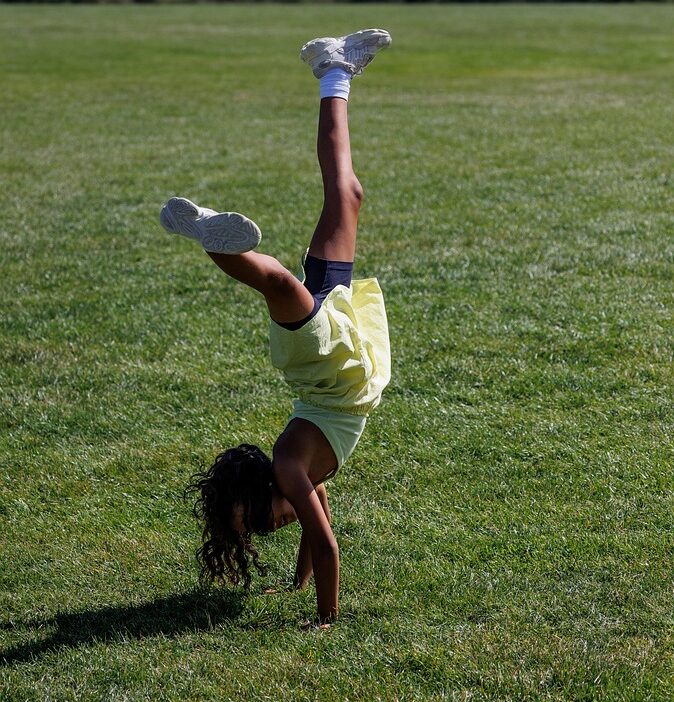The Role of Coaches: Shaping Tomorrow’s Gymnastics Stars
Gymnastics is a sport that combines strength, flexibility, discipline, and artistry. At the heart of every successful gymnast lies an often unsung hero: the coach. Coaches play a pivotal role in shaping not just the physical abilities of young athletes, but also their mental fortitude, confidence, and overall character. As gymnastics continues to evolve, the role of coaches becomes even more critical in fostering the next generation of stars.
Mentorship Beyond Technique
In gymnastics, technical proficiency is vital. Coaches guide athletes through intricate routines, teaching them the fundamentals of balance, coordination, and strength. However, their influence extends far beyond mere technique. Coaches are mentors who provide emotional support, instill a sense of discipline, and teach life skills that young gymnasts will carry with them long after they leave the mat.
Effective coaching involves recognizing each gymnast’s unique personality and finding ways to motivate them. This requires not only understanding physical capabilities but also the emotional and psychological components that affect performance. Building a strong coach-athlete relationship is essential in nurturing an environment where athletes feel valued and supported.
Creating a Positive Training Environment
A gym’s atmosphere can significantly impact an athlete’s development. Coaches are responsible for creating a positive, encouraging environment where young gymnasts can thrive. This involves fostering camaraderie among team members, celebrating individual and group achievements, and promoting a growth mindset.
In addition to physical training, coaches also focus on setting appropriate goals for their athletes. These goals should be challenging yet achievable, fostering resilience and a continuous desire for improvement. A supportive coach helps gymnasts navigate setbacks and learn from failures, essential skills that prepare them for future challenges, both in and out of the sport.
Emphasizing Personal Development
The journey of a gymnast is not solely about earning medals and accolades. Coaches play a vital role in teaching life lessons that extend beyond gymnastics. Values such as perseverance, time management, and accountability are essential traits for any athlete and serve as a foundation for success in life.
As young gymnasts face challenges on their path to becoming elite athletes, coaches teach them how to handle stress, set priorities, and maintain a healthy balance between sport and personal life. This focus on holistic development helps shape well-rounded individuals who are equipped to handle future challenges, whether in their athletic careers or other endeavors.
Adapting to the Evolving Landscape of Gymnastics
As the landscape of gymnastics evolves, so too must the approach of coaches. The sport has gained increased public scrutiny, particularly regarding athlete welfare and mental health, making it imperative for coaches to stay informed about best practices.
Modern coaches must be advocates for their athletes, understanding how to navigate a system that sometimes prioritizes performance over wellbeing. By fostering open lines of communication, coaches can encourage gymnasts to express their feelings, creating a safe space where mental health is prioritized alongside physical performance.
Conclusion
Coaches are indispensable in the world of gymnastics, serving as mentors, motivators, and advocates for their athletes. By fostering technical skills, personal development, and emotional well-being, coaches shape not just skilled gymnasts, but resilient individuals ready to face whatever challenges life may bring.
As the next generation of gymnastics stars rises through the ranks, the importance of dedicated coaching cannot be overstated. They are not just shaping athletes; they are shaping the future of the sport itself, ensuring that gymnastics remains a pathway to personal growth and achievement for years to come.



